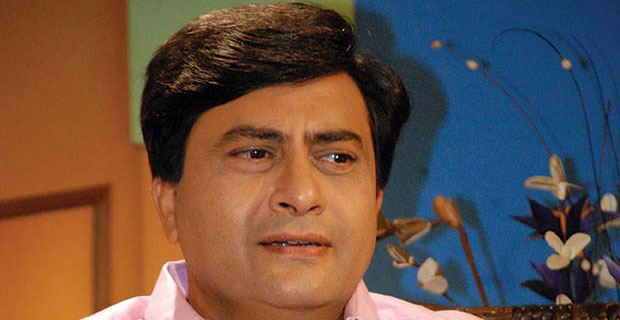‘RELIGION/SPIRITUALITY AND MENTAL HEALTH’
I would like to congratulate India Empire, specially the Editor Mr. SayantanChakravarty for being a partner of the section ...
In the field of mental disorders, it has been shown that R/S havesignificant implications for prevalence (especially depressive and substance use disorders), diagnosis (e.g. differentiation between spiritual experiences and mental disorders), treatment (e.g. help seeking behavior, compliance, mindfulness, complementary therapies), outcomes (e.g. recovering and suicide) and prevention, as well as to quality of life and wellbeing. WHO has now included R/S as a dimension of quality of life.Although there is evidence to show that R/S are usually associated with better health outcomes, they may also cause harm (e.g. treatment refusal, intolerance, negative religious coping etc.).
Definitions of Spirituality usually refer to a dimension of human experience related to the transcendent, the sacred, or to ultimate reality. Spirituality is closely related to values, meaning and purpose in life. Spirituality may develop individually or in communities and traditions. Religion is often seen as the institutional aspect of spirituality, usually defined more in terms of systems of beliefs and practices related to the sacred or divine, as held by a community or social group. The position statement which looks at integration of religions/spiritual principles in mental health and illnesses is available on www.wpanet.org.











Comments.